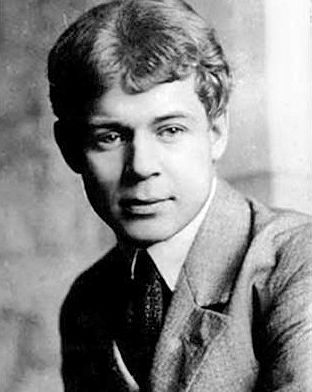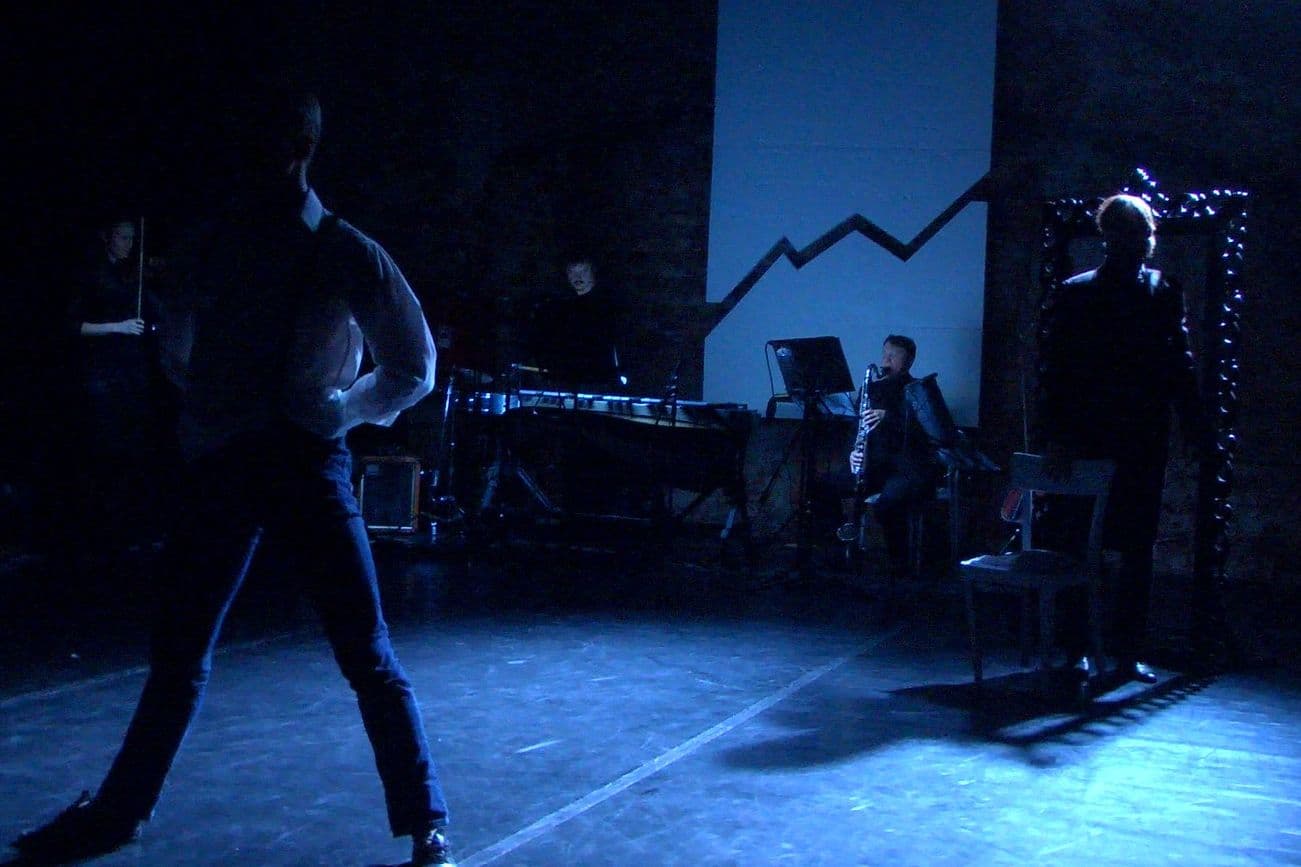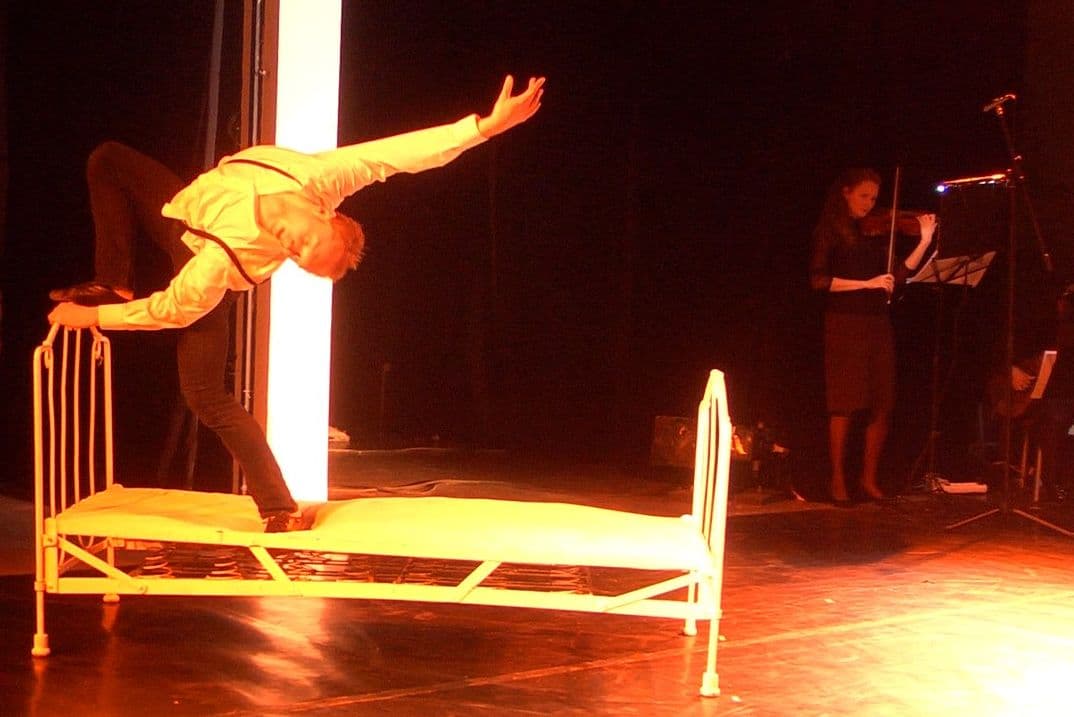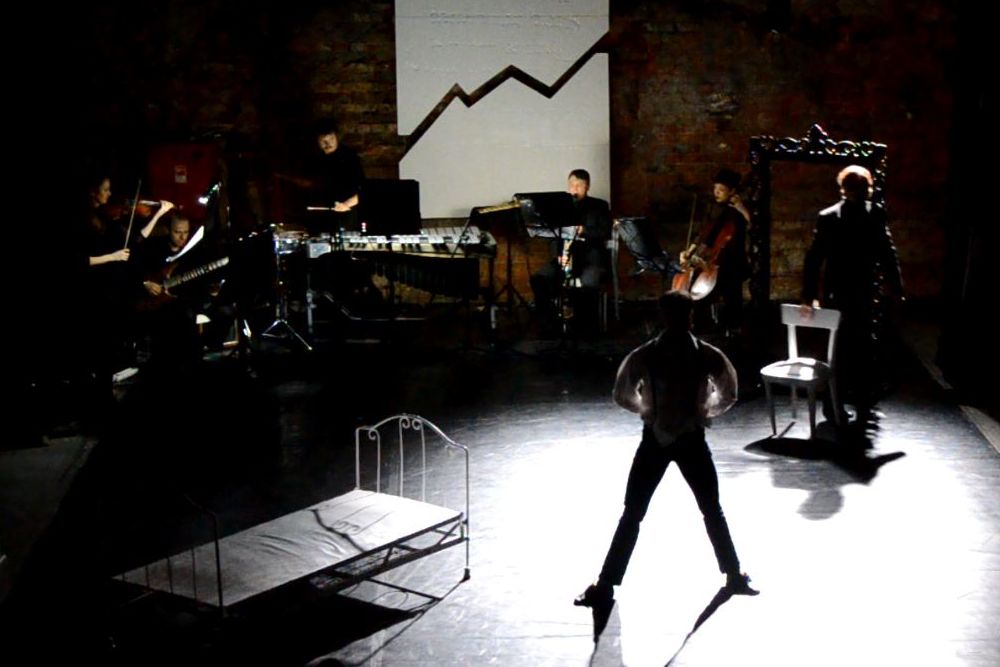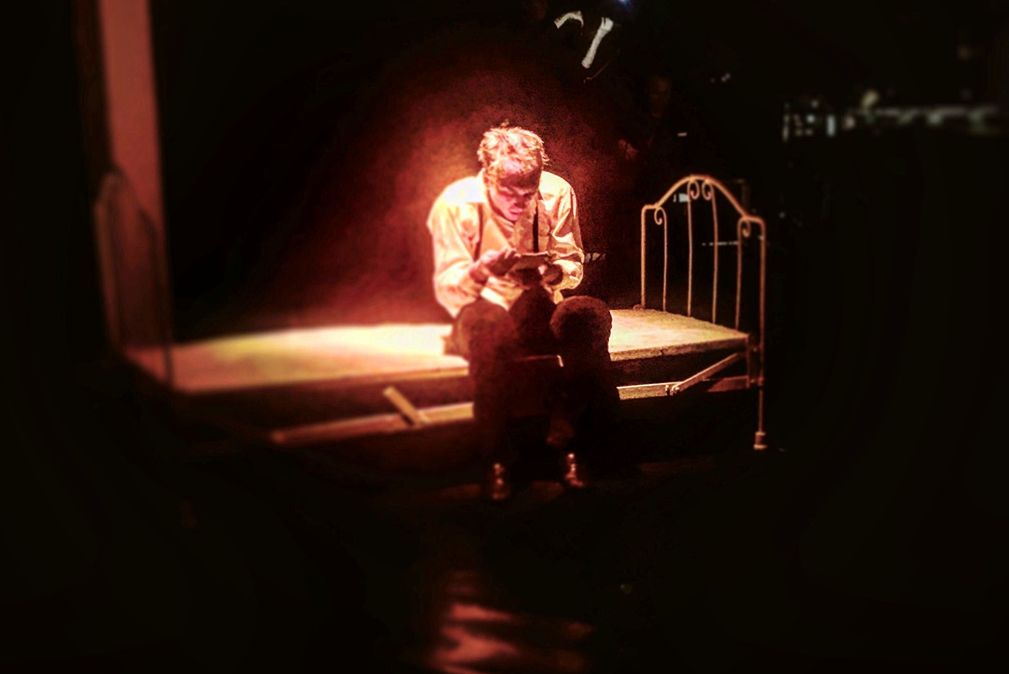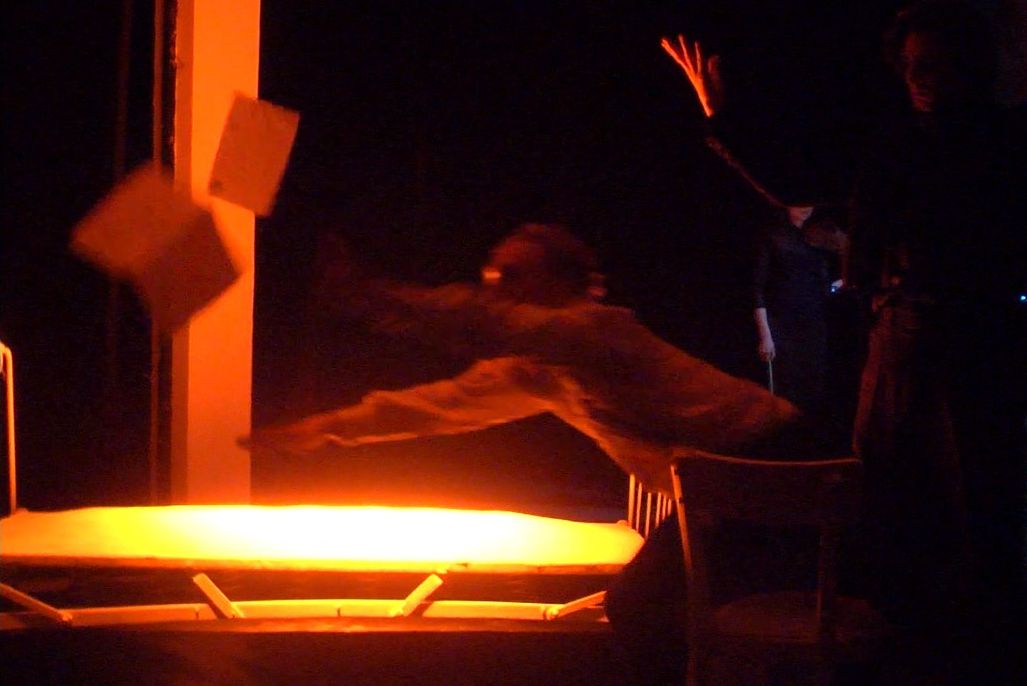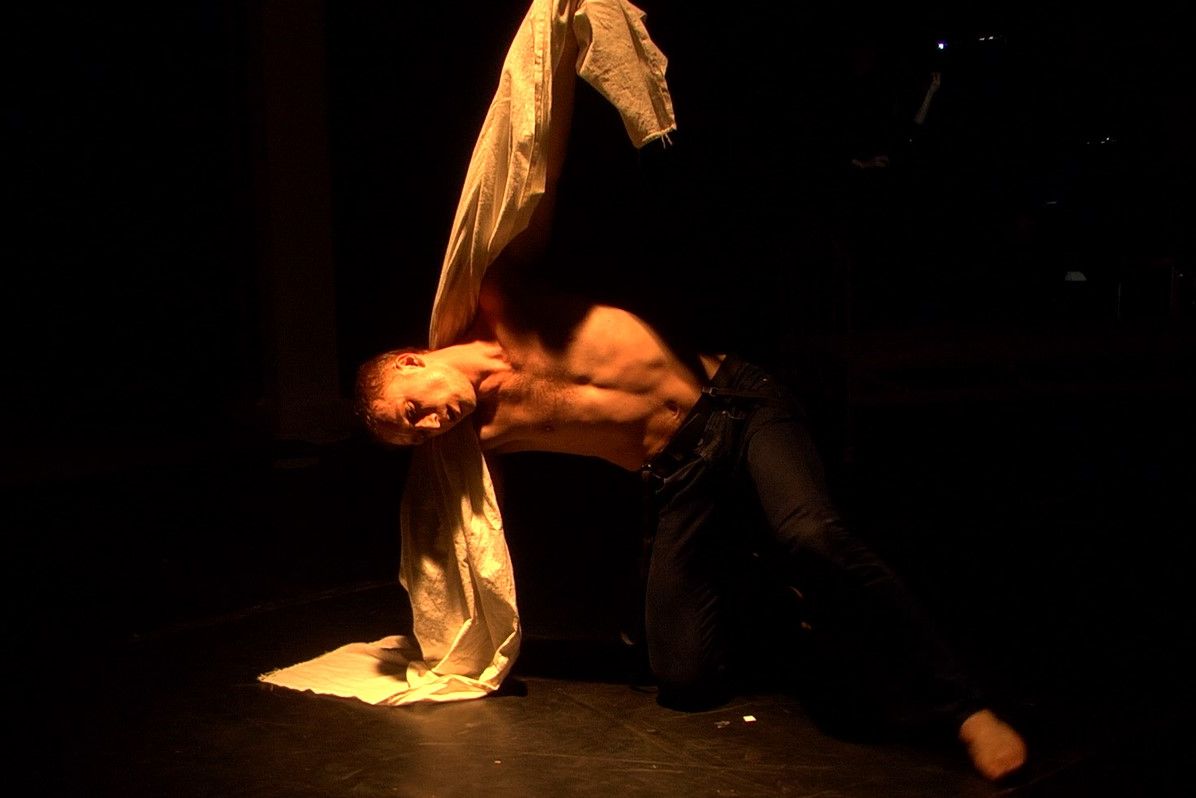The Black Man
A one-act chamber ballet based on the final poem by Sergei Yesenin
Music and scenography by Eugene Popoff
Duration: approximately 45 minutes
Duration: approximately 45 minutes
About the Performance
"The Black Man" is a performance about total solitude, the dissolution of the self, and the inner double born from repressed fears, guilt, and pain.
Facing himself, the man loses his connection to reality and plunges into the abyss of his own shadow.
It is a story about how easily our fears can become our jailers — and how difficult it is to break free from them.
Facing himself, the man loses his connection to reality and plunges into the abyss of his own shadow.
It is a story about how easily our fears can become our jailers — and how difficult it is to break free from them.
Source of Inspiration
The final poem by Sergei Yesenin — "The Black Man" — became the starting point for the creation of this performance.
Letters, memories of contemporaries, verses written in blood on a piece of paper: all of this wove the emotional fabric of the ballet.
There is no linear narrative here — only a journey into a soul falling apart.
Letters, memories of contemporaries, verses written in blood on a piece of paper: all of this wove the emotional fabric of the ballet.
There is no linear narrative here — only a journey into a soul falling apart.
Artistic Concept
We have learned to hide our darker sides.
But one day, deep within us, appears the one who watches us with cold compassion — the Black Man.
He is silent, relentless, powerful.
He knows everything we tried to forget.
"The Black Man" is a ballet about a collapse that begins imperceptibly — and becomes irreversible.
But one day, deep within us, appears the one who watches us with cold compassion — the Black Man.
He is silent, relentless, powerful.
He knows everything we tried to forget.
"The Black Man" is a ballet about a collapse that begins imperceptibly — and becomes irreversible.
Musique
Recording from the premiere performance, February 1, 2017
Sergei Yesenin
A brilliant and scandalous poet, Sergei Yesenin burned through his life with both hands, unable to adapt to the new reality around him.
His brutal end, officially ruled a suicide, leaves more questions than answers behind.
"The Black Man" becomes the ultimate reflection of this inner struggle, between the impulse to live and the temptation to disappear.
His brutal end, officially ruled a suicide, leaves more questions than answers behind.
"The Black Man" becomes the ultimate reflection of this inner struggle, between the impulse to live and the temptation to disappear.
His final poem, "The Black Man", is not a farewell, but a desperate battle to remain alive in the face of emptiness.
A lost battle — but fiercely beautiful.
